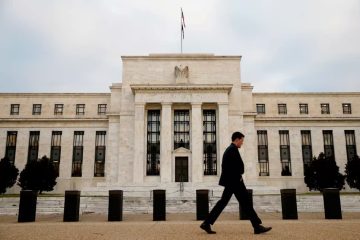A judge dismissed a widely watched money laundering case in Florida on Monday by ruling that Bitcoin, the cryptocurrency, is not money.
Michell Esponiza, the defendant, had sold $ 1,500 worth of the virtual currency to undercover police officers who said they intended to buy stolen credit card numbers with it, as the Miami Herald reports. The cops then brought a case against him, alleging that Espinoza had illegally engaged in money laundering.
The court’s decision? Where there’s no money, there’s no money laundering.
“This Court is not an expert in economics, however, it is very clear, even to someone with limited knowledge in the area, that Bitcoin has a long way to go before it is the equivalent of money,” the Miami-Dade Circuit judge Teresa Mary Pooler said in her ruling, which the Miami Herald published.
“This court is unwilling to punish a man for selling his property to another, when his actions fall under a statute that is so vaguely written that even legal professionals have difficulty finding a singular meaning,” she added.
The decision follows a series of earlier rulings by other government officials in an effort to categorize and control the nascent technology. In 2014, the IRS declared that Bitcoin would be treated and taxed as property. Last year, the Commodities and Futures Trading Commission said it would define virtual currencies as commodities for regulatory purposes.
Some law enforcement officials have raised concerns about Bitcoin enabling criminals to transact anonymously by merely using pseudonyms. Meanwhile, other regulators have cited the decentralized record-keeping system’s potential to track where funds flow as an attractive alternative to traceless cash.
It’s still early days for the technology. As Pooler wrote: “The Florida Legislature may choose to adopt statutes regulating virtual currency in the future. At this time, however, attempting to fit the sale of Bitcoin into a statutory scheme regulating money services businesses is like fitting a square peg into a round hole.”










